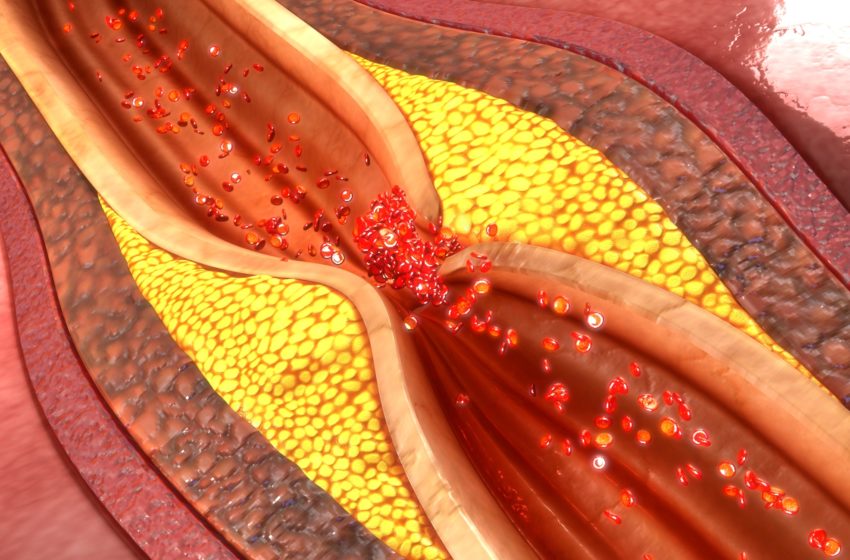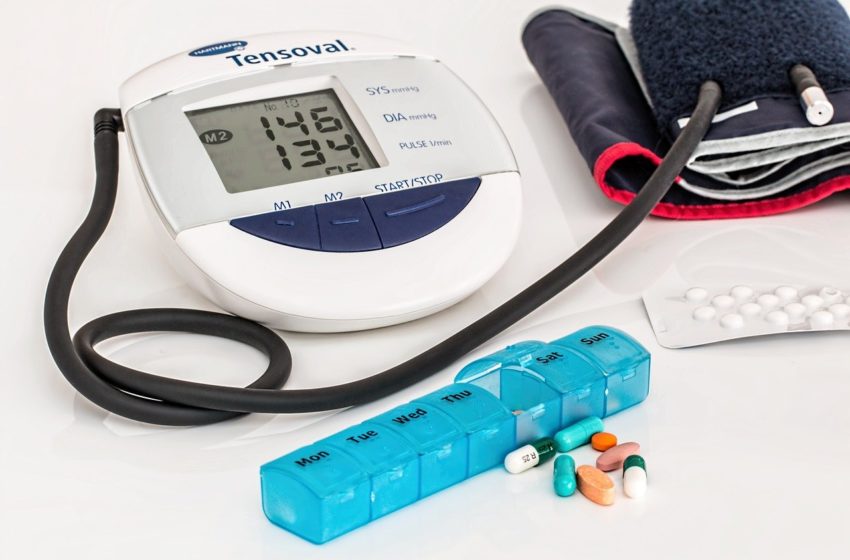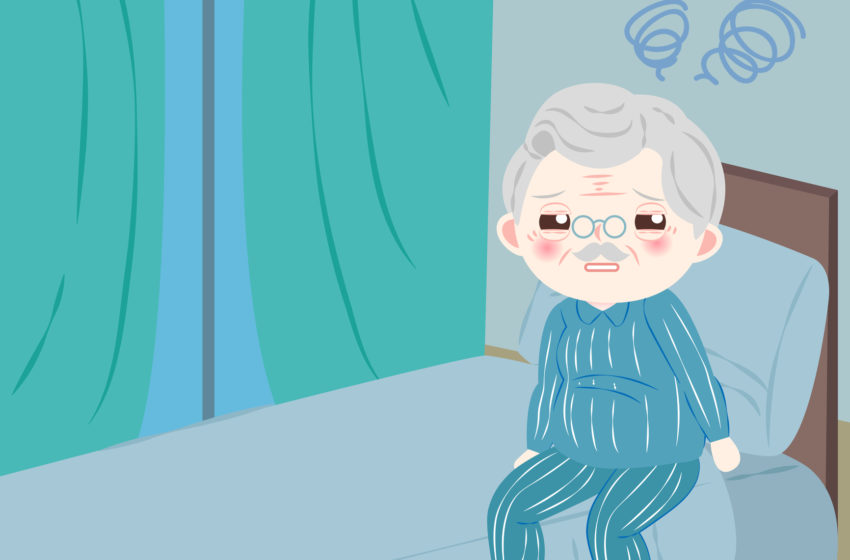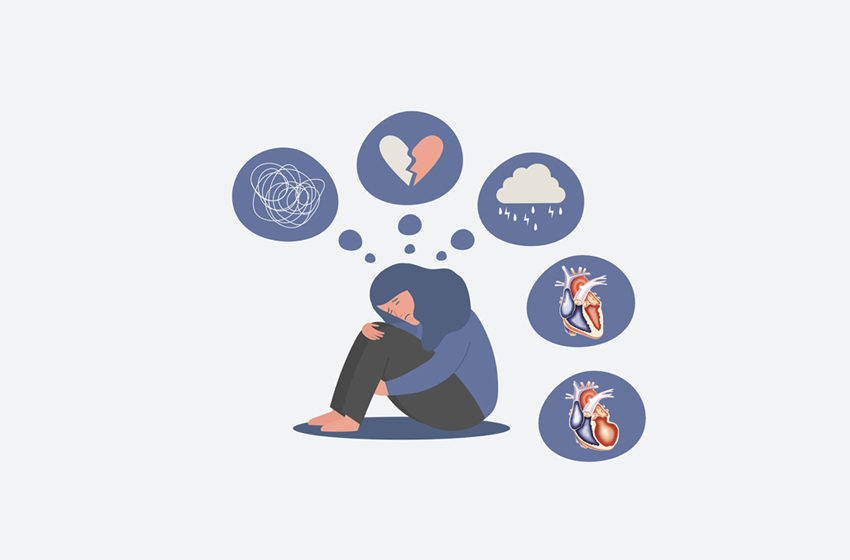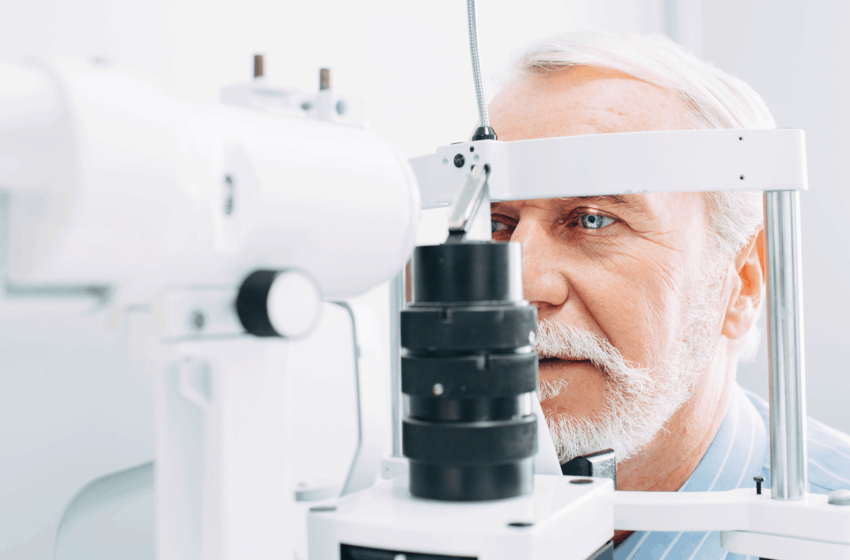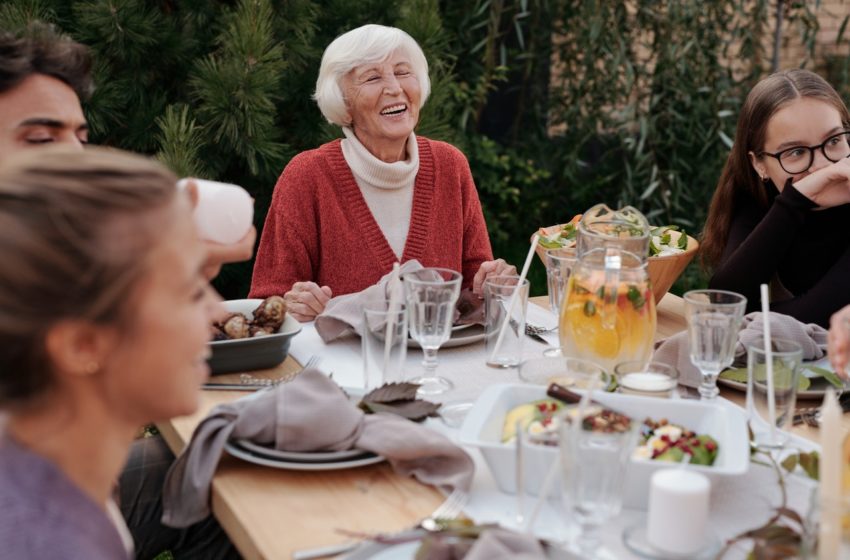One of the most dangerous places to have a coronary blockage is in the left main coronary artery. Why is a blockage there so precarious? To answer that, let’s start with some basic cardiac anatomy. The two major coronary arteries — the blood vessels that supply blood to the heart — are the left and […]
By Alyson Kelley-Hedgepeth, MD, Harvard Health Blog
February 5, 2021
Depression affects about 20% of Americans in their lifetime and is Read More
By Sandra Herrmann, MD, Tribune Content Agency
January 15, 2021
DEAR MAYO CLINIC: At my last few visits to the Read More
By Victoria Shanta Retelny, RDN
January 13, 2021
High cholesterol levels put individuals at an increased risk of Read More
By Alyson Kelley-Hedgepeth, MD, Harvard Health Blog
December 23, 2020
It is estimated that over 50 million Americans report difficulty sleeping. Read More
By Cathy Cassata
December 15, 2020
A surge of emotional trauma can trigger a serious cardiac Read More
By Bruce Horovitz, Kaiser Health News
December 14, 2020
Back in early January, before Covid-19 was as familiar as Read More
By Katherine Zeratsky, RDN, Tribune Content Agency
December 8, 2020
DEAR MAYO CLINIC: My friend says that her arthritis pain Read More
By Annemarie Mannion
December 3, 2020
The old wives’ tale that eating carrots is good for Read More
By Magnus Halland, MD, Tribune Content Agency
November 30, 2020
DEAR MAYO CLINIC: My mother is in her 80s and Read More
